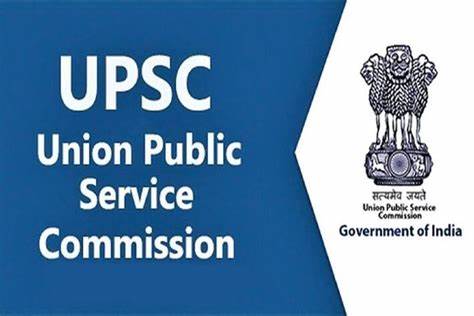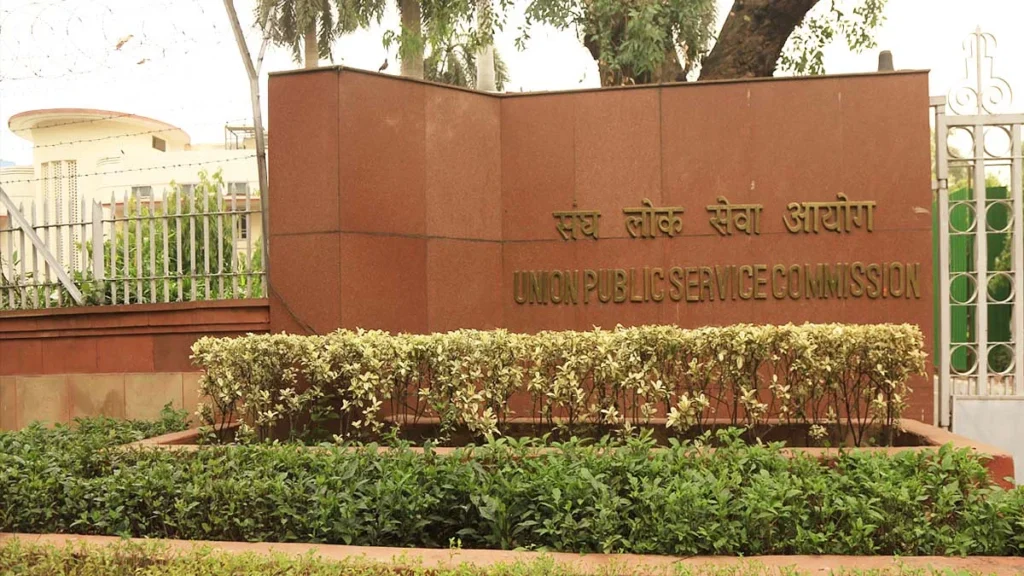INTRODUCTION:
Commerce in UPSC encompasses a comprehensive study of business, economics, finance, and management. It covers topics like accounting, business laws, financial markets, international trade, taxation, and corporate governance. Candidates opting for Commerce as an optional subject delve into areas such as financial management, marketing, human resources, and strategic planning. Mastery in this subject -aids in understanding economic policies, market dynamics, and corporate operations, crucial for aspirants aiming for civil services positions.

The detailed syllabus for Commerce optional subject in the UPSC (Union Public Service Commission) Civil Services Examination is as follows.
Paper I
Section 1: Accounting and Finance
- Financial Accounting: This covers the fundamentals of accounting principles, the preparation and interpretation of financial statements, and the various accounting standards.
- Cost Accounting: Focuses on the techniques and processes of ascertaining costs, including methods of costing and cost control measures.
- Management Accounting: Involves analyzing financial information for internal use by management for decision-making, planning, and control.
- Financial Management: Deals with the management of finances of a business, including capital budgeting, working capital management, and sources of finance.
- Financial Statements Analysis: Involves the examination of companies’ financial statements to evaluate their performance and make future financial decisions.
Section 2: Business Management and Organization
- Business Environment: Studies the dynamic external and internal factors that affect how businesses operate.
- Business Organization: Covers the structure, types, and functions of organizations.
- Business Management: Focuses on planning, organizing, leading, and controlling an organization’s resources to achieve its goals.
- Human Resource Management: Involves managing people within the organization, including recruitment, selection, training, and development.
- Marketing Management: Deals with marketing concepts, strategies, and functions, including product development, pricing, promotion, and distribution.
Section 3: Business and Company Law
- Indian Contract Act: Explores the laws and regulations governing contracts in India.
- Company Law: Covers the legislation that regulates the formation, operation, and dissolution of companies.
- Industrial and Labour Laws: Studies the laws related to industrial relations and the rights and duties of employers and employees.
- Intellectual Property Rights: Focuses on the laws protecting intellectual property, including patents, trademarks, copyrights, and trade secrets.
- Corporate Governance: Involves the systems, principles, and processes by which companies are directed and controlled.
Paper-II
Section 1: Economics
- Microeconomics: Studies the behavior of individuals and firms in making decisions regarding the allocation of scarce resources.
- Macroeconomics: Examines the economy as a whole, including inflation, unemployment, and economic growth.
- Indian Economy: Focuses on the structure, performance, and policies of the Indian economy.
- International Economics: Studies economic interactions between countries, including trade, investment, and currency exchange.
- Economic Planning in India: Covers the history, objectives, and outcomes of economic planning in India.
Section 2: Statistics
- Descriptive Statistics: Deals with the collection, presentation, and characterization of data.
- Inferential Statistics: Involves making predictions or inferences about a population based on a sample.
- Econometrics: The application of statistical methods to economic data to give empirical content to economic relationships.
- Statistical Methods in Research: Covers various statistical techniques used in conducting research.
- Sampling Techniques: Focuses on methods for selecting a sample from a population for research purposes.
Section 3: Auditing and Taxation
- Auditing: Involves the examination of financial records and statements to ensure accuracy and compliance with various statutes.
- Income Tax: Covers the laws and regulations regarding the taxation of individual and corporate income in India.
- Goods and Services Tax (GST): Studies the tax levied on the supply of goods and services in India.
- Indirect Taxes: Involves taxes that are not directly paid by an individual but are passed on to them by the seller of goods or services.
- Tax Planning and Management: Focuses on planning financial activities in a way that minimizes tax liability.
Candidates preparing for the Commerce optional subject in the UPSC examination should delve deeply into each topic, understanding theories, principles, and their practical applications. It’s essential to stay updated with the latest developments, policies, and trends in the fields of commerce, economics, finance, and business management. Additionally, practicing analytical thinking, problem-solving, and effective communication skills will greatly assist in answering questions during the examination.
CONCLUSION:
In conclusion, Commerce as an optional subject for UPSC offers a rich understanding of economic principles, business dynamics, and financial management essential for civil services aspirants. Mastery in Commerce equips candidates with analytical skills, strategic insights, and a nuanced understanding of global trade and commerce. Through comprehensive study and practical applications, candidates gain the expertise necessary to navigate complex economic landscapes and contribute effectively to policymaking and administrative roles in diverse sectors of governance.

For Detailed Information; CLICK HERE
For the 2024 UPSC Calendar; CLICK HERE